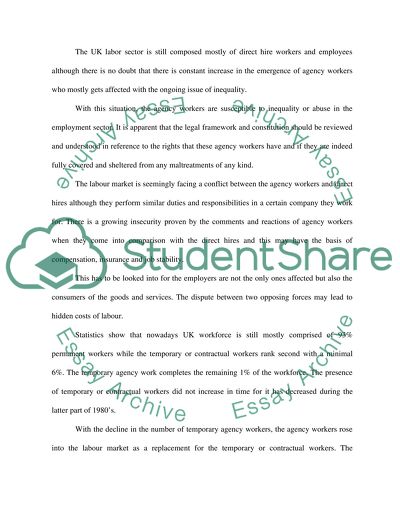Cite this document
(“The Issue of Equality and Fairness between Employees Research Paper”, n.d.)
The Issue of Equality and Fairness between Employees Research Paper. Retrieved from https://studentshare.org/law/1530091-employment-law-essay
The Issue of Equality and Fairness between Employees Research Paper. Retrieved from https://studentshare.org/law/1530091-employment-law-essay
(The Issue of Equality and Fairness Between Employees Research Paper)
The Issue of Equality and Fairness Between Employees Research Paper. https://studentshare.org/law/1530091-employment-law-essay.
The Issue of Equality and Fairness Between Employees Research Paper. https://studentshare.org/law/1530091-employment-law-essay.
“The Issue of Equality and Fairness Between Employees Research Paper”, n.d. https://studentshare.org/law/1530091-employment-law-essay.


